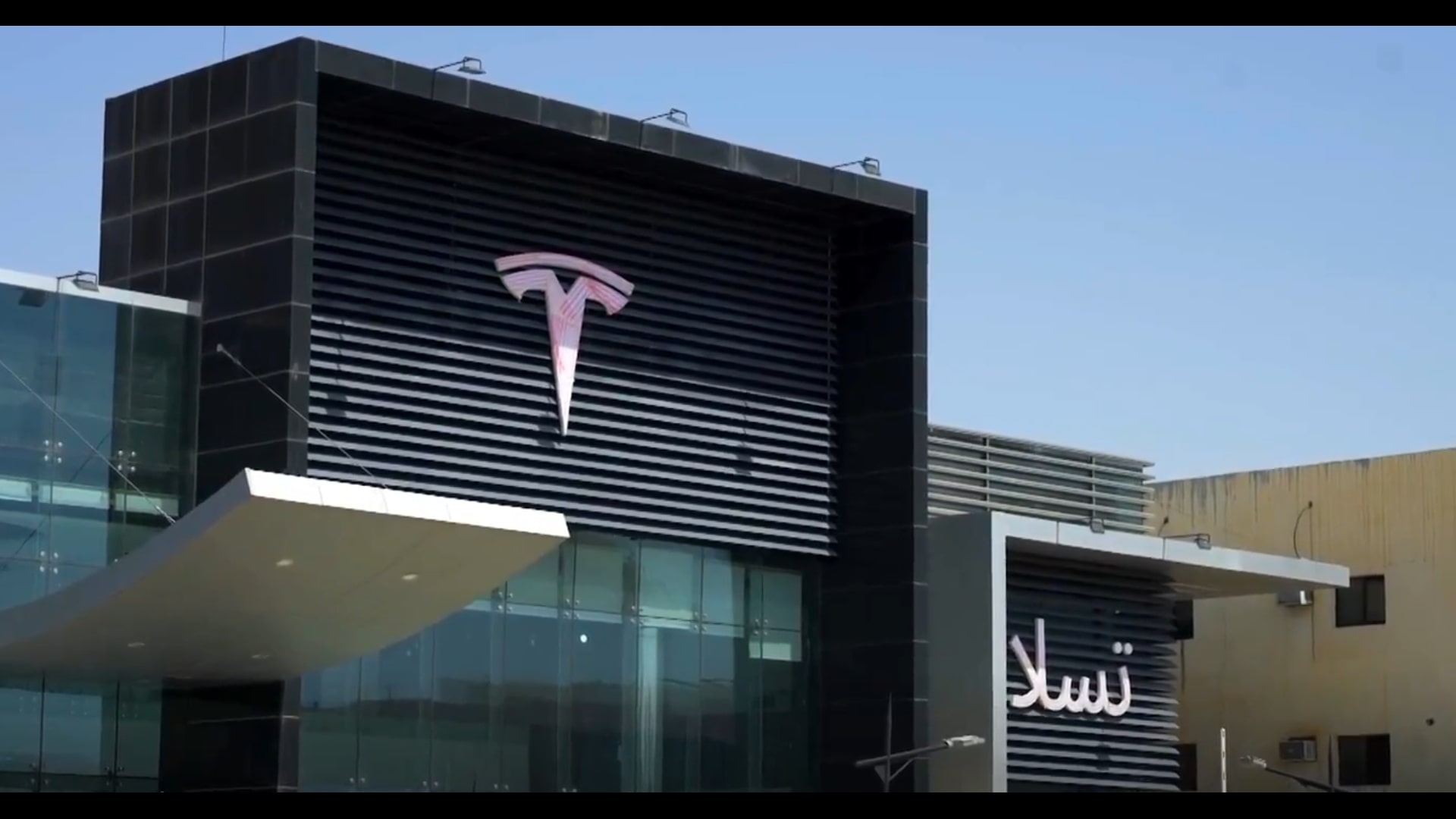Riyadh, Saudi Arabia — The Tesla electric vehicle company owned by billionaire Elon Musk on Thursday opened its first showroom in Saudi Arabia — where hybrid cars are still not a common sight.
The opening in the capital Riyadh comes with Tesla sales dropping and showrooms in the United States being attacked over work by the controversial Musk, the world’s richest person, for the US government.
Saudi Arabia is a key regional ally of Washington, and US President Donald Trump forged close ties during his first term with Crown Prince Mohammed bin Salman, who has promised to inject $600 billion into US trade and investments.
However, demand for electric vehicles is relatively low in Saudi Arabia, the world’s largest oil exporter which enjoys bargain-basement fuel prices, with a liter costing just 2.33 riyals ($0.62).
Cheap fuel and prolonged periods of extreme heat in the vast desert country mean big oil-consuming cars reign supreme.
Saudi economist Mohammed Al-Qahtani welcomed Tesla’s move but urged even more.
“We do not want a showroom; we want a factory,” he said. “We want to be part of the production process, not just consumption.”
A lack of charging infrastructure and the country’s vast size mean that many Saudi drivers will view EVs as suitable for shorter trips, rather than as replacements for conventional vehicles.
About 950 kilometers (590 miles) separate the capital from the second city Jeddah — more than the maximum range of most electric car batteries.
According to data platform Statista, Saudi Arabia has just 101 charging stations, compared with 261 in the much smaller neighboring United Arab Emirates.
Although the Saudi EV market remains small, it tripled last year to nearly 800 cars, according to business news outlet Al-Iqtisadiyah.
Authorities are seeking to diversify the economy, which relies heavily on oil exports, aiming to install 5,000 electric vehicle chargers by 2030.
Saudi Arabia’s sovereign wealth fund, PIF, now controls 60 percent of luxury electric vehicle company Lucid.
It has also secured a deal with South Korea’s Hyundai to establish a plant in the kingdom for both EVs and petrol-powered cars.
Additionally, Saudi EV brand CEER, launched in 2022, plans to start production in 2025.
A vehicle from Lucid, which opened a factory in Jeddah in 2023 after a billion-dollar Saudi investment, costs $92,000.
Last May, Chinese company BYD opened a showroom in Riyadh, selling more affordable electric cars.








